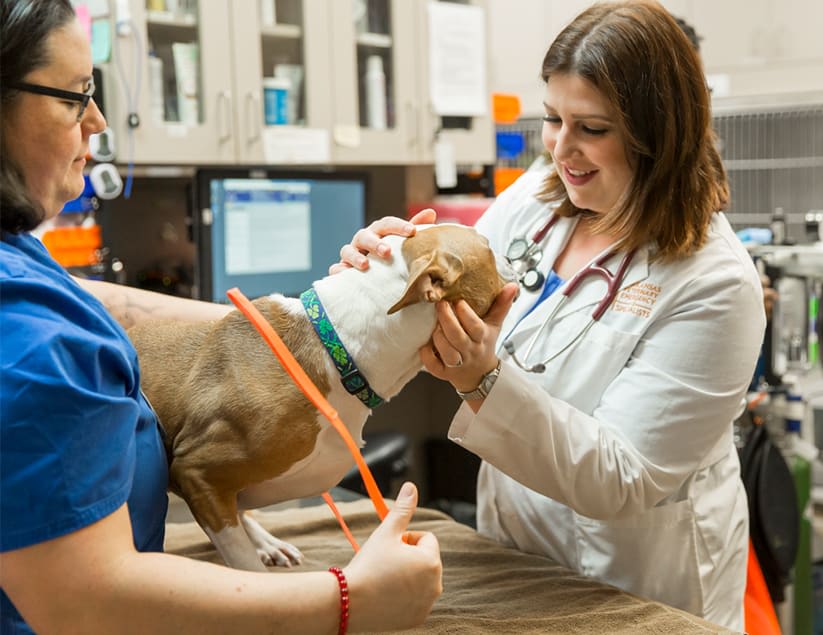
Being Prepared for Pet Emergencies in Boynton Beach
Pet emergencies can happen at any time, and as responsible pet owners, we must be prepared to act swiftly and effectively to ensure the well-being of our furry friends. Living in Boynton Beach, a beautiful part of Palm Beach County, means you have access to various resources in case of a pet emergency. But what do you need to know about pet emergencies and how to be prepared?
Understanding Pet Emergencies
Pet emergencies can encompass a wide range of situations, from sudden illnesses to accidents and injuries. Common pet emergencies include:
Trauma: This can result from accidents, falls, or altercations with other animals.
Toxic Ingestion: Pets may ingest harmful substances, including human medications, toxic plants, or chemicals.
Respiratory Distress: Difficulty breathing can occur due to various causes, including allergies, foreign body inhalation, or heart conditions.
Seizures: Seizures can be caused by epilepsy, toxins, or underlying health issues.
Gastrointestinal Issues: Vomiting and diarrhea can result from various factors, including dietary indiscretion or gastrointestinal illnesses.
Heatstroke: Boynton Beach’s warm climate can put pets at risk of heatstroke if they overheat.
Preparedness is Key
Know the Nearest Pet Emergency Hospital: In Boynton Beach, there are reputable pet emergency hospitals that operate around the clock. Knowing the location and contact information of these hospitals is crucial.
Pet First Aid Kit: Having a pet-specific first aid kit on hand is essential. This kit should include items like bandages, antiseptic wipes, gauze, and a pet thermometer.
Emergency Contacts: Keep a list of emergency contacts readily available, including your regular veterinarian, the nearest pet emergency hospital, and local animal control.
Learn Pet CPR: Understanding the basics of pet CPR can be a life-saving skill. Many local organizations offer pet CPR classes.
Restraint and Handling: In an emergency, pets can become frightened or disoriented. Learn how to safely restrain and handle your pet to avoid additional stress or injury.
Recognizing Signs of Pet Emergencies
Pet emergencies can be subtle or severe, and recognizing the signs is crucial. These signs may include:
- Rapid breathing or difficulty breathing
- Pale gums
- Rapid heart rate
- Severe bleeding
- Inability to stand or walk
- Seizures
- Loss of consciousness
- Swollen or distended abdomen
- Repeated vomiting or diarrhea
- Ingestion of toxic substances
What to Do in a Pet Emergency
In the event of a pet emergency, it’s essential to stay as calm as possible. Remember the following steps:
Assess the Situation: Ensure it’s safe for you to approach your pet. If not, ensure your safety first.
Provide Basic First Aid: If you’re trained and it’s safe to do so, provide basic first aid. This may include CPR, stopping bleeding, or immobilizing injuries.
Transport Safely: If your pet needs immediate medical attention, transport them to the nearest pet emergency hospital. Use a sturdy, secure carrier or transport your pet on a flat surface.
Contact Professionals: Notify the pet emergency hospital in advance so they can prepare for your arrival.
Follow Up: Even if your pet’s condition stabilizes, it’s essential to follow up with your regular veterinarian to address the root cause of the emergency.
Living in Boynton Beach, you have access to a network of resources for pet emergencies. By being prepared, knowing the signs of a pet emergency, and acting swiftly, you can ensure your furry friend receives the best care possible in times of need. Your pet’s well-being is a priority, and with the right knowledge and actions, you can be their best advocate in any emergency situation.



